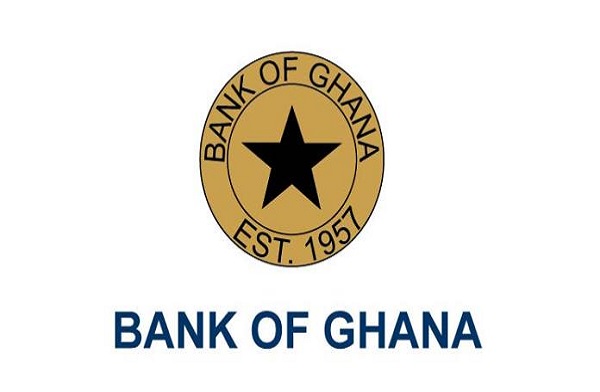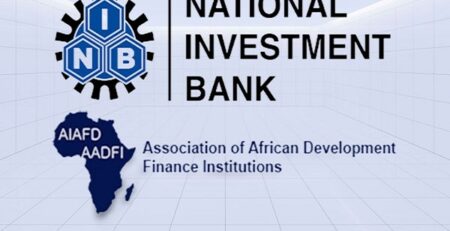The Bank of Ghana is presently working on testing a block chain based product and two innovations in the remittance space.
This is part of its digital and innovation agenda.
The Central Bank in February this year launched a regulatory and innovation sandbox pilot in line with its commitment to evolve an enabling and inclusive regulatory environment that promotes FinTechs and supports innovation.
Speaking at the launch of the Ghana Economic Forum, Governor of the Bank of Ghana, Dr. Ernest Addison said there is the need to tighten regulatory frameworks to ensure the integrity of the digital ecosystem.
“Aside the progress made in financial digitisation in the economy, the widespread use of technology has also heightened risks in the financial services sector, evidenced by incidences of cyber-attacks, mobile money, and ATM fraud. This calls for tighter regulatory frameworks to ensure the 11 integrity of the digital financial services ecosystem”.
In addition to the Cyber Security Act, 2020 (Act 1038) and the Data Protection Act, 2012 (Act 843, the Governors said the Bank of Ghana has established a Financial Industry Command Security Operations Centre (FICSOC) to provide broader perspectives on cyber threats confronting the sector through constant monitoring and intelligence sharing.
Overall, he stressed that the Bank of Ghana has adopted; an integrated Risk-based Supervisory Approach for digital financial services to focus on functional areas of operation and systemic risks. This includes a holistic review process involving prudential, market conduct, financial integrity, and payment systems risk perspectives for products, services, and technology outsourcing arrangements proposed by banks and non-banks or FinTechs.
In addition, he said the Bank has adopted the use of technology to improve regulatory compliance and supervision and upgraded its Supervisory technology (SUPTECH), introduced in 2018, to automate data collection and analytics on a disaggregated basis for electronic money issuers.
“More than ever before, digitisation is now part of our society, and as policymakers and regulators, we must leverage on its advantages and contain the risks to deliver a shared financial prosperity in the economy”, he noted.
Home grown policies fashioned to support digitisation agenda
The Governor also said many home grown policies such as the National Financial Inclusion Development Strategy (2018-2023), the Digital Financial Services Policy (2020-2023), and the Cash-Lite Ghana (Building an Inclusive Digital Payments Ecosystem) have all been fashioned out to support the digitisation of financial services towards the cash-lite policy and inclusive economy objective.
The establishment of a FinTech and Innovation Office at the Bank of Ghana in April 2020 gave impetus for the orderly development of the ever-expanding digital financial services landscape.
In February 2021, the Central Bank also issued the Crowd Funding Guidelines to promote and guide the development of crowd funding products and services to support the needs of diverse groups of people and further promote financial inclusion.
Source: Myjoyonline














Leave a Reply